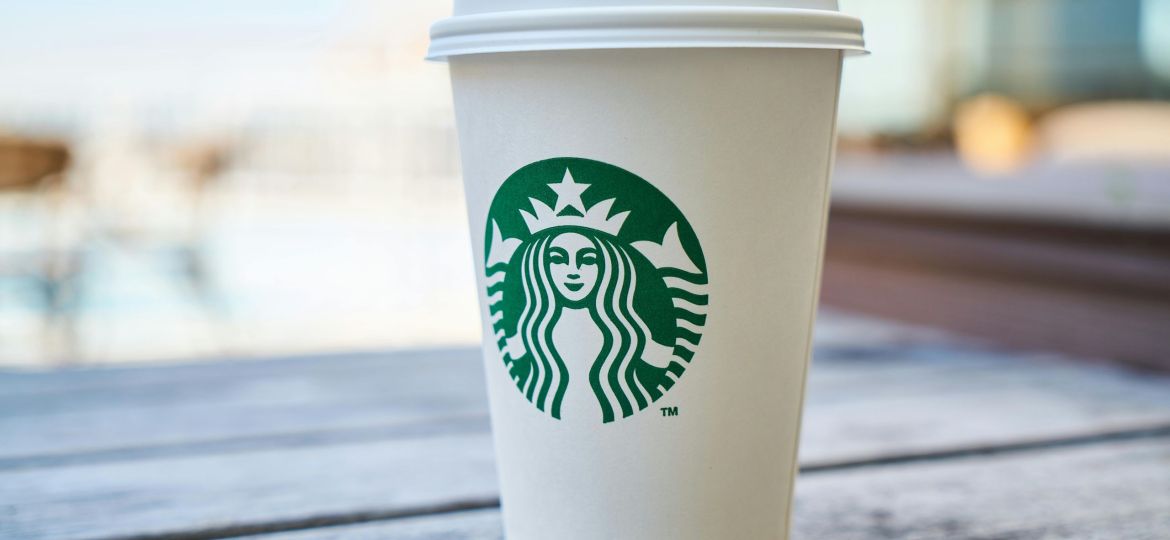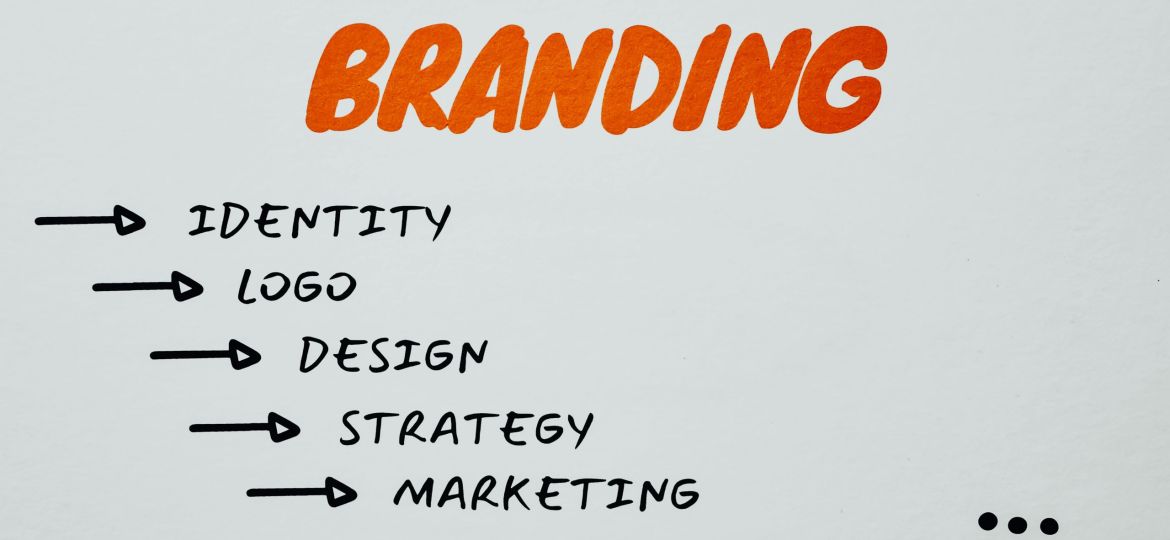Event Management & Marketing: Tips for Planning Memorable Corporate Events
Effective event management & marketing plays a vital role in elevating brand presence and enhancing audience engagement. Whether you’re launching a product, hosting a seminar, or celebrating a company milestone, crafting a memorable corporate event requires strategic planning, creativity, and precision. In this article, we explore essential tips to help brands and businesses maximize their event impact.
1. Start with Clear Objectives
Before diving into logistics, define the purpose of your event. Are you aiming to raise brand awareness, launch a new product, or foster relationships with clients? Clear objectives ensure your event marketing strategy aligns with your brand goals and audience expectations.
2. Know Your Audience
Understanding your audience’s preferences, interests, and professional needs is crucial for tailored event planning. Consider sending out pre-event surveys or studying audience demographics to shape experiences they’ll value.
3. Choose the Right Venue
The venue sets the tone for your event. Ensure it complements your brand, suits the size of your guest list, and offers essential amenities. Also, consider accessibility, parking, and nearby accommodations for out-of-town guests.
4. Design Experiences Around Your Brand
Integrate your brand’s identity into every element of the event—from signage and decor to activities and giveaways. Through cohesive corporate event planning, you create a unified experience that strengthens brand recognition and trust.
5. Develop a Strong Event Marketing Strategy
A comprehensive marketing plan helps ensure maximum attendance and engagement. Here’s how to boost your visibility:
- Pre-event promotion: Leverage email campaigns, social media, and personalized invitations.
- Influencer partnerships: Collaborate with industry leaders or brand ambassadors for wider reach.
- Media coverage: Reach out to local press or trade magazines for pre- and post-event features.
6. Use Technology to Your Advantage
Use event platforms or apps to streamline registration, manage seating, and facilitate communication. Tools like live polling, AR experiences, and digital swag bags enhance engagement and offer valuable data for your brand.
7. Engage Through Storytelling
Marketing through storytelling forms emotional connections with your audience. Share inspiring brand stories, successful case studies, or customer testimonials to bring your brand to life during the event.
Interactive Storytelling Ideas:
- Live demos of your product or service
- Behind-the-scenes showcases of your brand journey
- Client spotlight interviews broadcasted at the event
8. Craft Impactful Brand Activations
Immersive brand activations provide guests with memorable, hands-on experiences. Whether through virtual reality, interactive booths, or creative installations, activations transform passive attendees into active participants.
Tips for Effective Brand Activations:
- Align concepts with your brand values and event theme.
- Encourage user-generated content by creating Instagram-worthy setups.
- Offer on-the-spot discounts or giveaways in exchange for social sharing.
9. Personalize the Experience
From personalized event agendas to custom name badges and targeted welcome messages, personalization enhances the attendee experience. Segment your audience to offer tailored breakout sessions or content tracks relevant to their interests.
10. Don’t Underestimate Logistics
From audiovisual setup and vendor coordination to catering and staffing, logistical planning is crucial. Work with an expert event management & marketing team who can oversee execution while you lead the brand experience.
11. Keep Sustainability in Mind
Sustainable event practices resonate with modern audiences. Implement eco-friendly options like digital programs, reusable signage, and waste-sorting stations. Promote your green initiatives in invitations and event branding.
12. Gather Feedback and Evaluate Success
Post-event feedback sheds light on what worked and what can improve. Send follow-up emails with surveys or conduct in-person interviews. Use analytics from your event platform to assess KPIs such as engagement rates, social media mentions, and ROI.
13. Leverage Post-Event Content
Extend your event’s impact by repurposing content. Post highlight reels, photo galleries, speaker quotes, and attendee testimonials to keep the conversation alive. This supports both event marketing and future planning.
In Summary: Make Every Detail Count
Successful corporate events rely on more than great ideas—they require flawless execution, creative storytelling, and targeted event management & marketing. By following the tips above, brands and event organizers can create meaningful experiences that build loyalty, boost awareness, and set your business apart.
For inspiration and industry trends, visit Event Manager Blog.
Explore more insights on event marketing from Soul’s team: How to Create Unforgettable Brand Activations.




